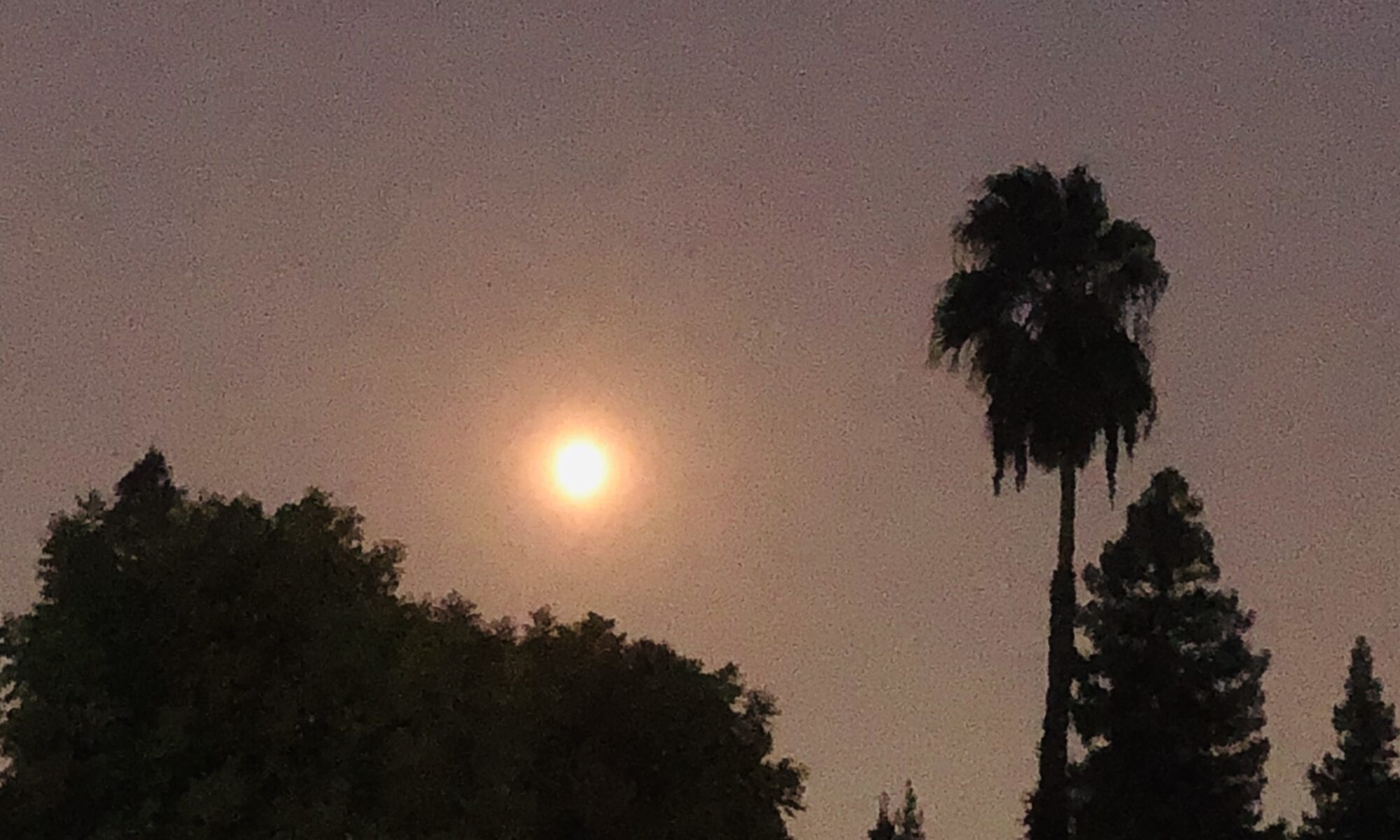Fresno Bee, September 10, 2023
Stop the mindless smartphone scrolling. Our souls long for a slower tempo.
Our world emphasizes speed. This is the age of artificial intelligence, smartphones and instant downloads. In this first-come, first-served culture, the early bird gets the worm. Who has time to ponder or reflect? We’re too busy flitting from one superficial thing to the next.
All of this speed and mobility may undermine our humanity. It contributes to loneliness and anxiety. Many good things require us to slow down, rather than speed up. Wisdom is not quick. Neither is love. The best things in life dwell in a time apart, lingering in slowness.
But artificial intelligence and related technologies push an ever more frantic pace. The speed of the stimuli on our screens can explain some of the negative mental health impacts of social media, video games and other technologies. Our brains are not meant to go this fast. Our souls long for a slower tempo. Human relationships need time to ripen, and genuine happiness is not instant gratification.
Now, sometimes speed is a good thing. Quick computers can churn through data and solve many problems. It is much more efficient to Google information than to go to a library and search the indexes of books on dusty shelves. Social media, online news apps and video games can be useful and fun. We can stay in touch with distant friends. We have immediate access to the latest news. And your phone contains multiple sources of instant gratification.
But moderation is needed. Scrolling for thrills is not the same as digging deep. We don’t build wisdom or friendships with a swipe on a screen. We need time for thinking, solitude and soul searching.
The novelist Milan Kundera lamented the lost pleasure of slowness in his novel “Slowness” where he suggests that we need time to “gaze at God’s windows.” He says, “There is a secret bond between slowness and memory, between speed and forgetting.” Speed causes us to forget who we are and what we value. We’re not sure where we’re going. But we’ll get there quickly.
Our bodies and brains evolved in a slower era. Our ancestors needed to think quickly on occasion to escape predators or hunt. But when the sun went down, they contemplated the stars and shared stories and songs. These ancient works of imagination unfolded at a pace that was rooted in the tempo of our beating hearts. With this in the background, it’s no wonder that most of the world’s wisdom traditions emphasize tranquility, patience, calmness and slowness.
The ancient sages took time to gaze deeply into God’s windows, and into their own souls. Socrates was well known for wandering and wondering. He would sometimes come to a halt as he walked through Athens, completely lost in thought.
In Asian traditions, the practice of meditation aims to cultivate slowness. The Buddha saw restlessness as an impediment to wisdom. The solution is to calm the mind and its restless agitation.
You don’t have to be Socrates or the Buddha to understand that many of the most meaningful human activities are best experienced slowly. This is true of grieving, making love and enjoying art. We can’t set a timer for grief or for love. The pace of these things transcends the frantic tempo of ordinary life, reflecting the patience of tender intimacy. To insist that Mozart or Shakespeare should speed things up is to misunderstand the nature of their art.
Philosophers describe things that are enjoyed slowly as “ends-in-themselves” valued for their own sake. These experiences represent moments of completion and fulfillment. Some people even sigh, and say of certain beautiful moments that they want them to last forever. This is also true of life itself. If you love life, you want it to last. Life is enjoyed for its own sake, and those who say that it is better to live fast and die young have probably not thought it over.
But the sages who have thought deeply about these things tell us that we need to relax our pace. The best and most important things — love, beauty and wisdom — are not quick or immediate. If you want to find these goods, you must slow down.
Read more at: https://www.fresnobee.com/opinion/readers-opinion/article279063134.html#storylink=cpy



